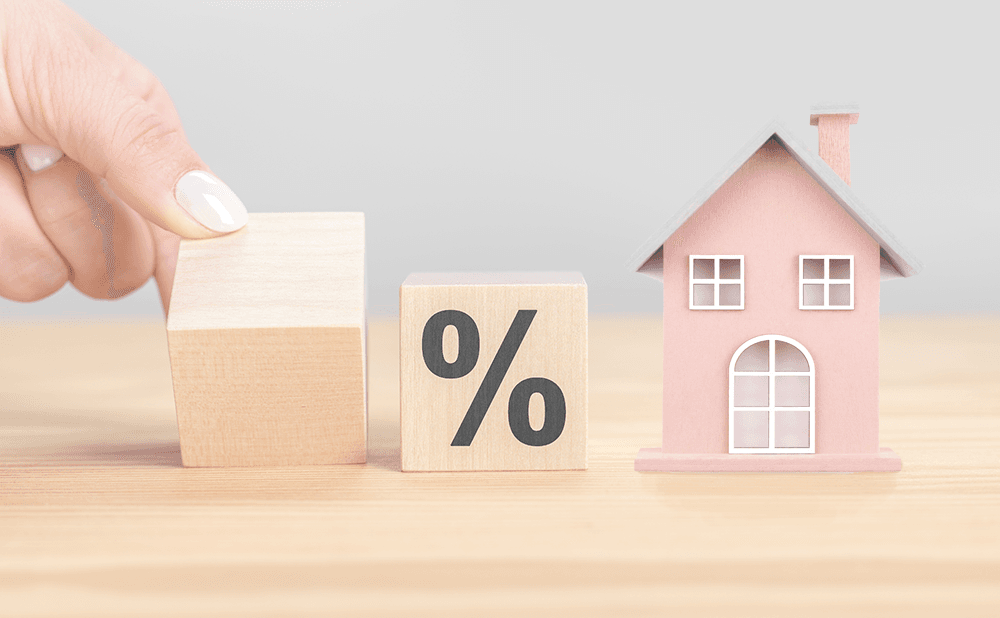The Best Mortgage Rates in Canada Right Now

Mortgage rates in Canada have experienced significant changes as of April 10, 2025, driven by recent reductions in the Bank of Canada rates and changing economic conditions. These shifts have resulted in lower fixed and variable mortgage rates making it a crucial time for potential homebuyers to consider their options. With the current economic climate understanding the impact of these changes can lead to better decisions when securing a mortgage.
Table of Contents
Why do Mortgage Rates matter for Homebuyers?
The cost of borrowing is directly affected by Mortgage Rates in Canada which in turn influences monthly payments and the overall interest incurred throughout the loan’s duration. Homebuyers must keep themselves updated about the current offers as a favorable rate can result in substantial savings. By understanding how rates fluctuate borrowers can make informed decisions that better align with their financial goals. Moreover locking in a competitive rate at the right time can provide long-term benefits.
Current Mortgage Rates
As of April 10, 2025, the best high-ratio, 5, year fixed Mortgage Rates in Canada is 3.74%, accessible in provinces such as Ontario, Quebec British Columbia, and Alberta. In a comparable fashion the top 5, year variable mortgage rate with a high ratio is 3.95%, which is also available across the country.
Best Lenders & Banks
Prominent banks have been proactively modifying their mortgage rates. As an example TD has recently lowered its 5, year fixed high-ratio mortgage rate to 3.99%, marking one of the lowest rates seen in several months. RBC Royal Bank and CIBC provide competitive rates as well with 5, year variable rates at 4.65% (Prime – 0.80%) and 5, year fixed rates at 4.59%.
Factors Affecting Mortgage Rates
Mortgage Rates in Canada are influenced by various factors including:
- Bank of Canada Policy Rates: Adjustments to the Bank of Canada’s benchmark interest rate directly affect both fixed and variable mortgage rates.
- Economic Indicators: Indicators such as GDP growth inflation rates and employment statistics can lead to rate fluctuations as the central bank responds to economic conditions.
- Lender Competition: Banks and financial institutions adjust their rates based on market competition and their strategic objectives offering promotions to attract borrowers.
Fixed vs Variable Rates
With fixed-rate mortgages there is stability due to the payments remaining the same for the duration of the term. Unlike fixed-rate mortgages which have a constant rate variable-rate mortgages can vary with changes in the prime lending rate. While they may provide lower initial rates there is a risk that the rates will increase over time. Recent developments indicate that variable rates have reached the same level as fixed rates leading borrowers to reevaluate their choices.

Tips to Get the Best Rate
To secure the most favorable mortgage rate:
- Shop Around: Compare rates from various lenders to find the best deal.
- Consider Your Financial Stability: Assess your ability to handle potential rate increases especially with variable rates.
- Maintain a Good Credit Score: A higher credit score can qualify you for better rates.
- Stay Informed: Keep abreast of economic developments and Bank of Canada announcements that may influence rates.
Conclusion
To successfully navigate the Mortgage Rates in Canada landscape one must be aware of current rates understand the factors that influence them and engage in strategic planning. As rates vary according to economic conditions regular updates are essential. Homebuyers can align their decisions with their financial goals and market conditions by staying informed and weighing both fixed and variable options. Moreover assessing long-term financial stability and seeking advice from mortgage experts can assist in obtaining the best deal.
FAQS
What are the current mortgage rates in Canada?
As of April 2025, 5, year fixed rates are around 3.74%, and 5-year variable rates are about 3.95%.
Should I choose a fixed or variable mortgage rate?
Fixed rates offer stability while variable Mortgage Rates in Canada can fluctuate but may have lower initial costs. Choose based on your financial goals and risk tolerance.






